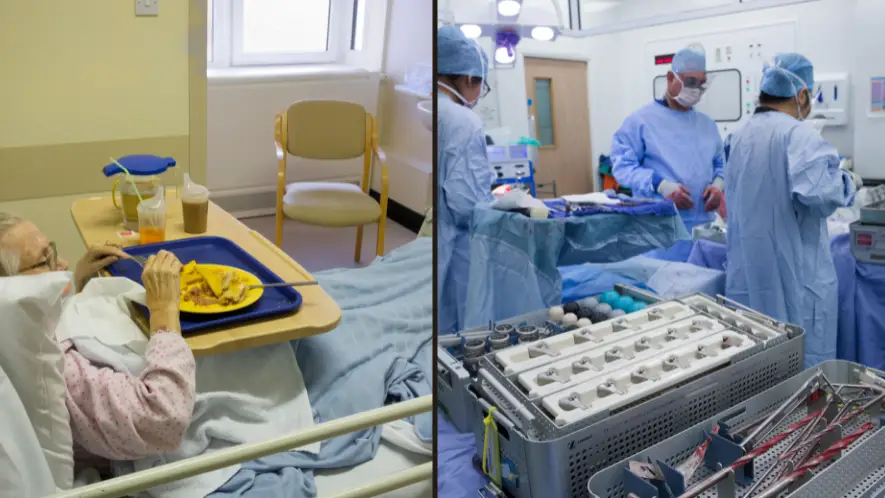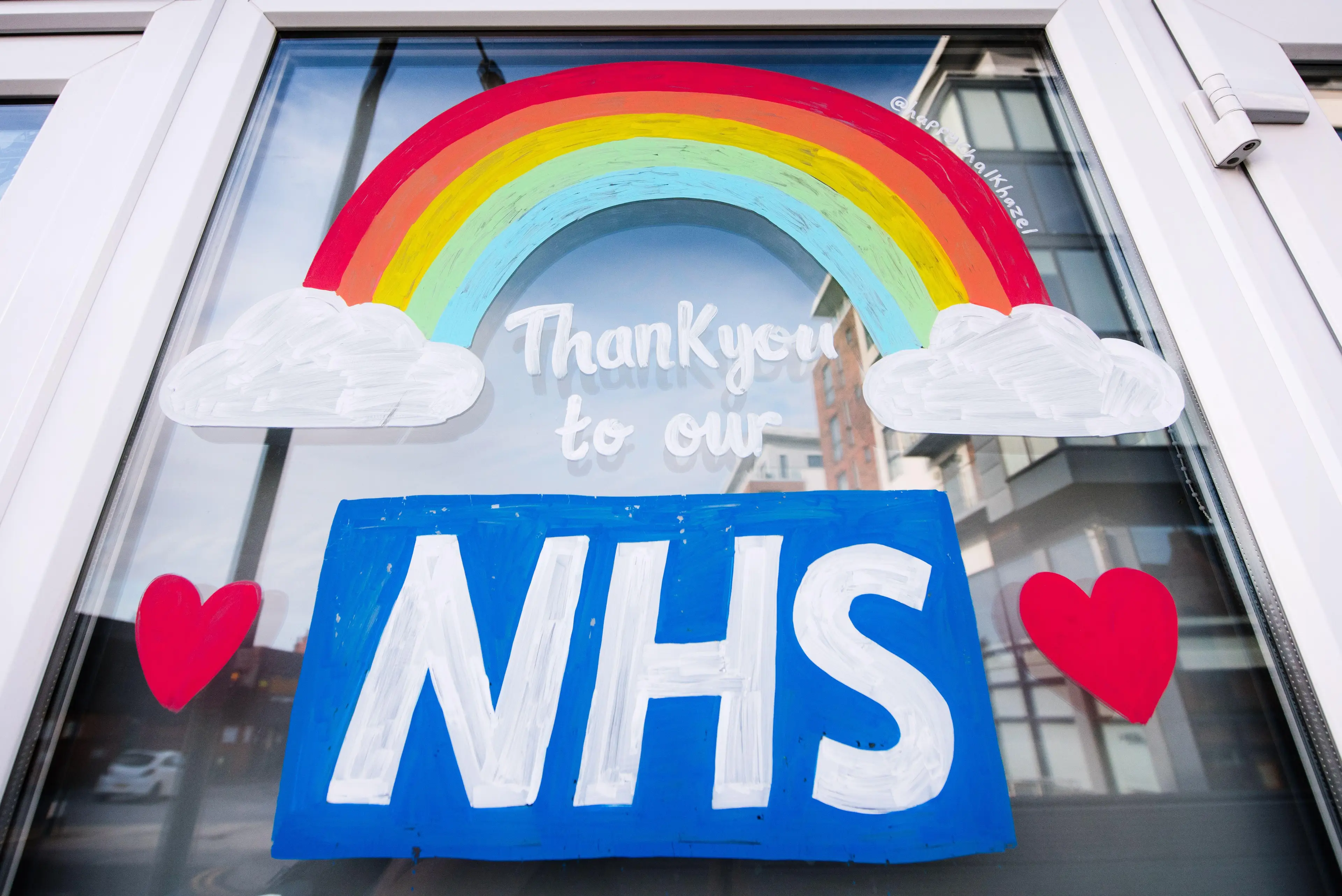
The NHS could have to start charging patients money for each day they spend in hospital, according to a new report on the way our health service is funded.
If the suggestions are implemented it could mean Brits pay £8 per day they are in hospital as a way of helping the beleaguered health service cope.
According to The Guardian, Professor Stephen Smith says he got the idea for daily charges from the German health system where patients pay €10 per night in hospital.
He also suggested patients pay a few quid towards the cost of medical equipment like hearing and walking aids, and said people over 60 should start paying for their prescriptions.
Advert
His ideas have been published by the think tank RadixUK, whose trustees include Labour MP Stephen Kinnock and Conservative peer Andrew Lansley.
Professor Smith suggested the charges apply to those receiving medical care or undergoing rehab in hospital for a maximum of 28 days a year, while also recommending they be means-tested so as not to dissuade poorer patients from going to hospital.

Per Health.org, the NHS is underfunded and under 'record pressure' as it is beset by longer waiting times, the effects of the pandemic and thousands of unfilled vacancies leaving current staff frazzled.
They compared the figures from the winter of 2019/20 with the most recent one of 2021/22 and found the NHS was falling behind on so many measures.
The proportion of patients who turn up at A&E and get seen within four hours has dropped from 81 percent to 74 percent, while the number of people waiting six weeks or more for a diagnosis has leapt up from four percent to 26 percent.
Meanwhile, the number of cancer patients seen within two weeks of being referred by a GP has dropped from 91 percent to 77 percent.
Almost everywhere you look the NHS is straining to cope with the pressure, and the head of the Royal College of GPs has already warned that family doctors are stretched to the point that patients might have to pay to see them in a similar manner to the way many already pay to visit the dentist.

Not everyone is a fan of the idea of patients paying to stay in hospital or see doctors, which rather clashes with the NHS principle of 'free at the point of delivery'.
Dr John Puntis, co-chair of the Keep Our NHS Public campaign, slammed Professor Smith for suggesting 'harebrained ideas' and 'zombie policies' which go against the NHS's founding principles.
He instead suggested more money could be made available for healthcare with taxes on corporations and wealth as well as a crackdown on tax dodgers.
Public satisfaction with the NHS is at the lowest point for 25 years, with a King's Fund study finding that just 36 percent of the public were satisfied with the health service, while 41 percent were unhappy with it.
People's main reason for dissatisfaction with the NHS was the long waiting times, while other major reasons included a shortage of staff and a lack of government funding to keep it going.
80 percent of people in the study said they believed the NHS had a 'major' or 'severe' funding problem, while the health service being free at the point of use is the main reason for people liking it.